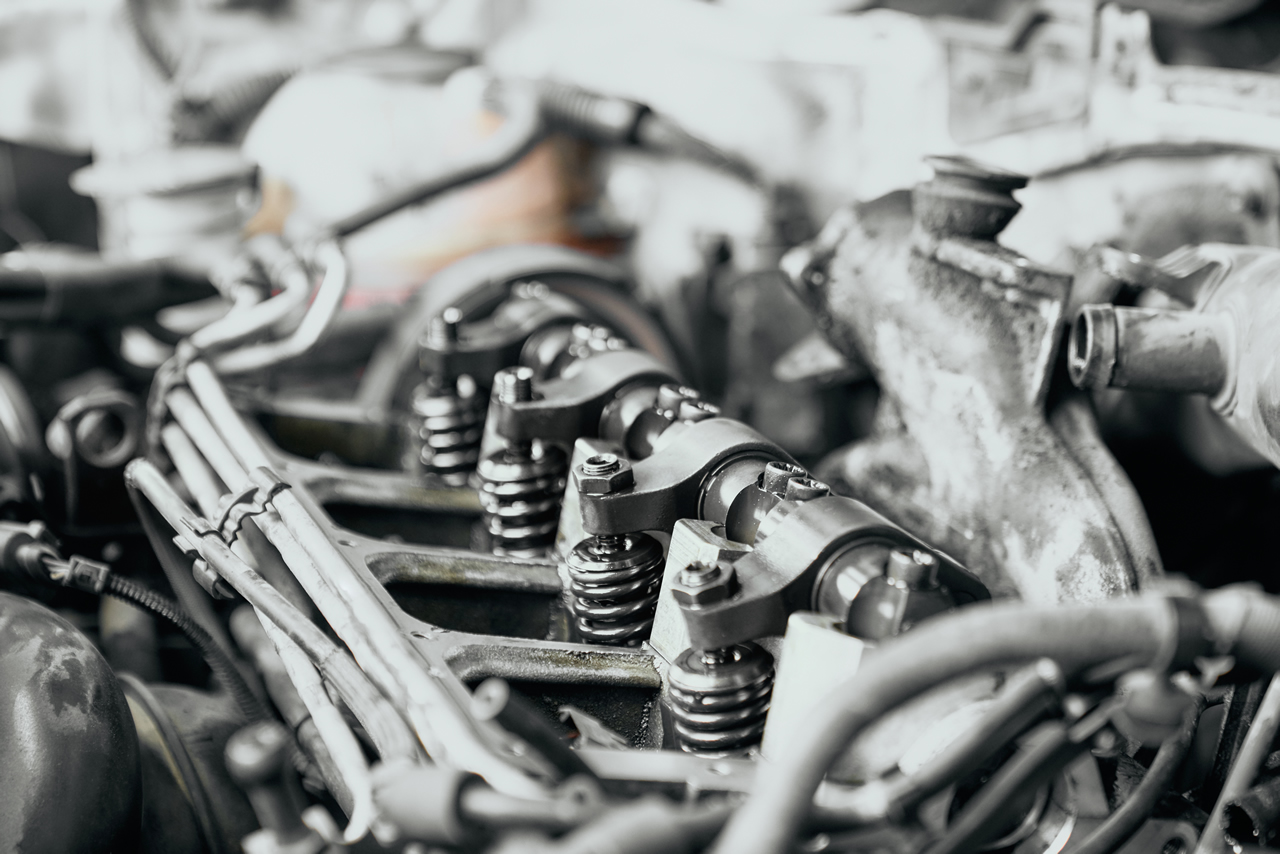Modern vehicles are equipped with advanced electronic systems that monitor various components to ensure optimal performance. One common issue that drivers may encounter is the dreaded “Engine Power Reduced” warning message. This warning can be concerning, as it implies a reduction in engine power and potential performance issues. In this article, we'll dive into the world of the “Engine Power Reduced” message, uncovering its meanings, possible causes, and steps you can take to address the situation.
Decoding the “Engine Power Reduced” Message
Understanding the Warning
The “Engine Power Reduced” message is a clear indication that your vehicle's engine control module (ECM) has detected a problem that requires immediate attention. This safety feature is designed to protect the engine and other components from further damage while allowing you to continue driving, albeit at a reduced power output.
Significance of Reduced Power
When your vehicle enters “engine power reduced” mode, it means that the ECM has taken measures to limit engine performance to prevent potential harm. This could result from issues such as a malfunctioning sensor, a system error, or a mechanical problem. While it may feel like a performance drop, this mode is designed to prevent severe engine damage and allow you to reach a service center safely.
Potential Causes of “Engine Power Reduced”
Sensor Malfunctions
Modern vehicles rely on a multitude of sensors to gather data and ensure optimal engine performance. A malfunctioning sensor, such as a throttle position sensor or oxygen sensor, can lead to incorrect data being fed to the ECM, triggering the “Engine Power Reduced” message.
Airflow and Fuel Issues
Problems with the airflow or fuel delivery systems can disrupt the combustion process and prompt the ECM to reduce power. Clogged air filters, a malfunctioning mass air flow sensor, or issues with the fuel injectors can all contribute to reduced engine power.

Steps to Take
Safely Pull Over
When you encounter the “Engine Power Reduced” message, it's essential to prioritize safety. Reduce your speed and pull over to a safe location. While you may experience reduced power, you'll still have enough control to navigate to the side of the road.
Diagnose the Issue
If you're comfortable with basic troubleshooting, you can check for visible issues like disconnected sensors or loose connections. However, to accurately diagnose the problem and determine the cause of the warning message, it's recommended to consult a professional mechanic or use a diagnostic tool.
Conclusion
The “Engine Power Reduced” message is not something to be taken lightly, as it signals an underlying issue with your vehicle's performance. While it might lead to a momentary inconvenience, the safety measures in place are meant to safeguard your engine from further harm. Understanding the message, its potential causes, and the steps to take can empower you to respond effectively and make informed decisions to ensure the longevity and health of your vehicle.
FAQs
- Can I continue driving when the “Engine Power Reduced” message appears?
Yes, the vehicle remains drivable in “engine power reduced” mode, but it's best to drive cautiously and avoid high speeds. Head to a service center as soon as possible.
- What should I do if the warning message disappears after a while?
Even if the message disappears, it's still recommended to have your vehicle checked by a professional to identify and rectify the underlying issue.
- Can I reset the “Engine Power Reduced” mode myself?
While you can disconnect the battery to reset the ECM, it's important to address the underlying issue first. Resetting without fixing the problem could lead to recurrence.
- Is it safe to drive to a service center in “Engine Power Reduced” mode?
Yes, the reduced power mode is designed to allow you to drive to a service center safely. However, avoid high speeds and heavy acceleration.
- How often should I have my vehicle's sensors checked?
Regular maintenance and diagnostics, according to your vehicle's recommended schedule, can help catch sensor issues before they escalate into larger problems.


